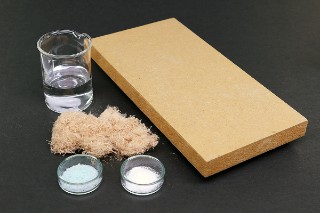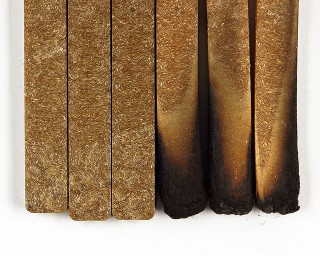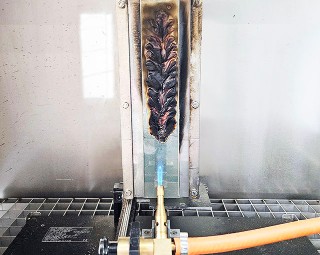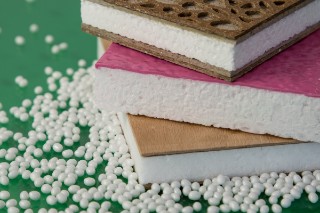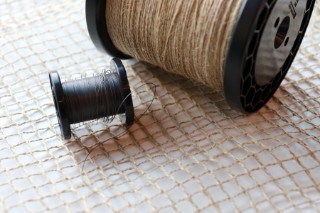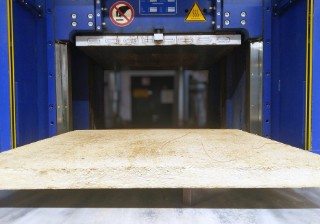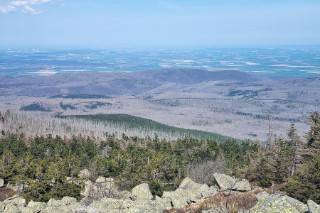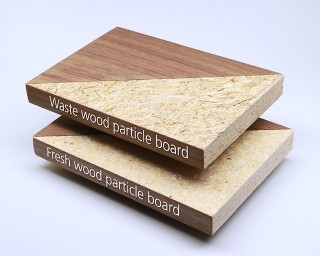Here is a small selection of our research projects.
Super sustainable and super functional: Fungal mycelium is a game changer in biomaterial development and a key research topic at the Fraunhofer WKI. With the “LuminousNetworks” project, we want to bring the fascinating possibilities of fungal mycelium-based materials to the attention of a broad public. Artist Malte Taffner uses our technological know-how to create sculptures from wood scraps and living mycelium. In his artistic exploration, Malte Taffner combines technical research innovations with current social issues. The aim of the project is to exhibit the art installation with a complementary program of workshops and panel discussions, as well as a video documentary.
more info Fraunhofer Institute for Wood Research
Fraunhofer Institute for Wood Research 
